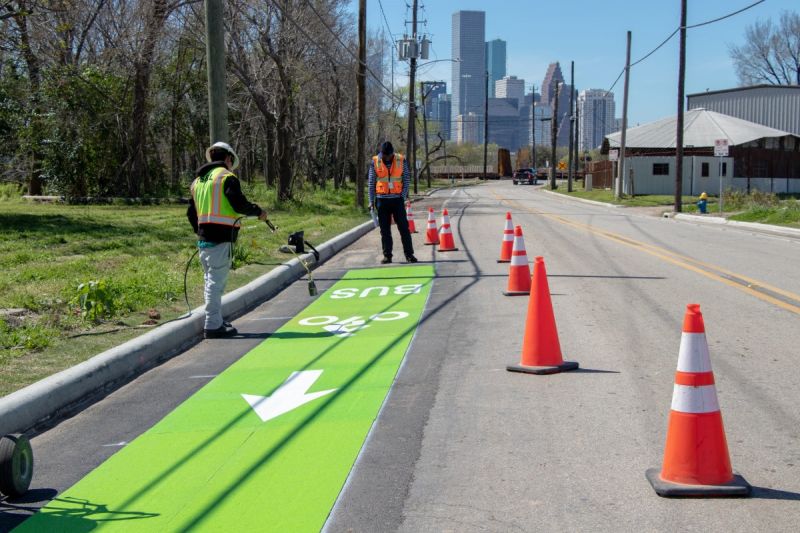The Hub 5/2/19: Clean Air Council’s Weekly Round-Up of Transportation News

“The Hub” is a weekly round-up of transportation-related news in the Philadelphia area and beyond. Check back weekly to keep up to date on the issues Clean Air Council’s transportation staff finds important.
PlanPhilly: Detroit’s transportation agency just eliminated its transfer fee. Will Philly be next? – Detroit, MI has eliminated transfer fees, which previously had caused those with the least convenient routes to pay the most for transit rides. Philadelphia has massive income inequality, and eliminating transfer fees would make a significant difference in the accessibility of transit to Philadelphians. In Septa’s bus network redesign, they are analyzing ways to make up the up the $12 million dollar shortfall in the budget that eliminating transfer fees would leave.
Curbed Philly: Open Thread: How can Philly become more bike-friendly? – Curbed Philly wants to hear from local would-be and current cyclists on how Philadelphia can improve conditions for cyclists. Philadelphia scored 66 out of 100 points on the bikeability index of Redfin’s Walkscore, ranking 26th in the United States. Let Curbed know what would make biking in Philadelphia easier for you!
City Lab: The Right Way to Regulate Electric Scooters – So far, dockless electric scooters are either all together banned or operating with little regulatory oversight. The Consumer Product Safety Commission (CPSC), is the main regulatory body that oversees bikes, but has been conspicuously absent from the conversations around regulating scooters. The laws that are on the books concerning electric scooters and other micro-mobility modes are at the state or local level, and the CPSC is a federal organization. Investors in micro-mobility are worried that federal oversight will hurt their growth, but safety regulations are necessary to ensure the public is not at undue risk.
Next City: Houston Powers Ahead on Bike Lanes – Houston embarked to build 50 miles of protected bike lanes and off road trails in the past year. They surpassed their goal, and now endeavor to have a total of 700 miles of bike lanes and trails in the network. City officials began to focus on bike infrastructure in 2013 when the mayor adopted a complete streets policy. Current advocates would like to see Houston adopt a Vision Zero policy that aims to eliminate all traffic deaths.
Strong Towns: You Can’t Judge Housing Affordability Without Knowing Transportation Costs – As urban sprawl lessons density, the way we look at housing cost should change to take into consideration the extra commuting costs of living further outside of the city. A resident of an urban core will pay a premium for living space, but will have minimal travel costs. A similar suburban resident will spend much less of their income on housing, but that will be offset to some extent by the increased transportation costs.
Image Source: Next City

